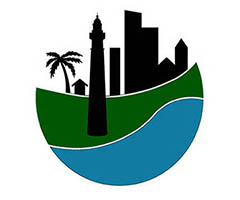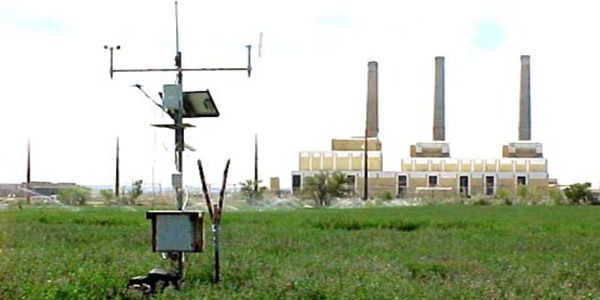Environmental Consulting Portfolio
Our Portfolio of Environmental Consulting Projects comes from the private, public and institutional sectors. Our environmental consulting is generally focused on agriculture, irrigation, stormwater treatment and detention, and general logistical sustainability. We also perform wetlands mitigations.
As a company that is centered on making our communities develop while remaining responsible and sustainable, this is one of our strong points. Our experience has covered not only consulting, but a wide range of data colletction; which equips us with valuable knowledge during a time when people are generally becoming interested in sustainability and restoring our environment.





